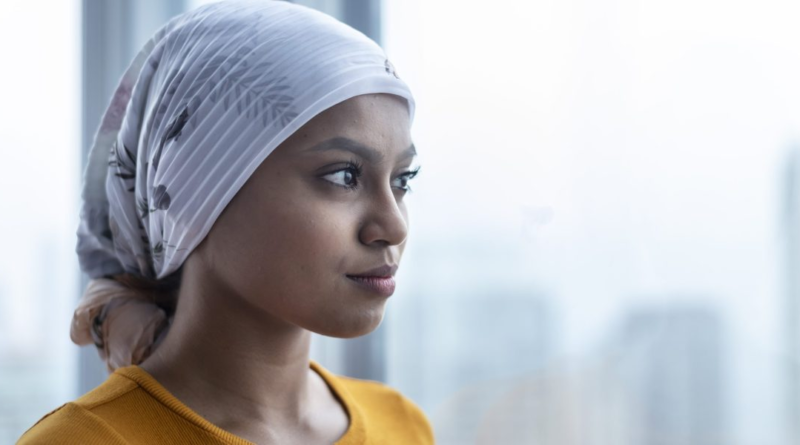More women under 40 are being diagnosed with breast cancer. What to know about the potential reasons and risks
While the median age for getting diagnosed with breast cancer is 62, research shows more young women are facing grim results—many of whom are experiencing more aggressive forms of the cancer.
Breast cancer—the most common cancer for women—makes up a third of new cancer diagnoses in women each year. Overall, breast cancer cases have increased by 0.5% each year, according to the American Cancer Society.
“Anecdotally, it certainly seems that we are seeing more and more very young women diagnosed in their late twenties, thirties, and early forties in recent years,” Dr. Beverly Moy, clinical director of breast oncology at Mass General Cancer Center, tells Fortune over email. She notes, however, that more young women may be more likely to seek resources at large academic cancer centers.
Still, in a study published this month in JAMA Network, the number of women under 50 with cancer increased from 2010 to 2019. Researchers examined a cohort exceeding over half a million, discovering breast cancers made up the bulk of early cancer cases in 2019. The study also highlights how the increased rate of early-onset cancers was most notable in those ages 30 to 39. Gastrointestinal cancers increased the most for people under 50 throughout the decade.
“There are many likely factors that are contributing to younger women being diagnosed with breast cancer,” Moy says. “These would include increasing incidences of obesity in the United States, changes to lifestyle such as later ages of pregnancy compared to many years ago and reduced activity, and environmental factors and exposures.”
Studies show rates surging
An earlier study published in 2021 found one in every 196 women below age 40 gets diagnosed with breast cancer. Since 2004, breast cancers have increased in adolescents and young adults, many of whom face invasive diagnoses because of late-stage disease, per the study; nearly 6% of all invasive breast cancers occur in young and adolescent women.
“The incidence of invasive and all breast cancer in AYA [adolescents and young adult] women in the United States increased after 2004, and more for invasive cancer than all cancer,” the authors of the 2021 study write.
This poses deeper concerns as younger women are more at risk for advanced progression of the diagnosis, recurrence after treatment, and spreading beyond the breasts, according to the study. The cohort is also more likely to be premenopausal and to be managing fertility choices alongside the diagnosis.
“This underscores the importance of multidisciplinary psychosocial support for AYAs [adolescents and young adults] with breast cancer,” the study authors write.
An integrated care team is critical, says Dr. Amy Comander, the medical director of the Mass General Cancer Center.
“These women often experience significant financial toxicity, higher emotional distress, and feelings of isolation from others,” Comander, who cares for many younger women with breast cancer, tells Fortune over email. “Young women diagnosed with breast cancer benefit from care by a multidisciplinary team, which includes physicians, social workers, psychologists, nurses, physical therapists, dietitians, and advanced practice providers.”
New screening guidelines
Earlier this year, the U.S. Preventive Services Task Force changed the recommended breast cancer screening age for women to begin at age 40 instead of between 40 and 50. Most important, experts note, is getting routine screenings—although, even then, mammograms do not detect about one in eight breast cancers, and other measures are needed to address initial false negative results.
“If a young woman has a family history of breast cancer, they should speak to their doctor about the appropriate age to start breast cancer screening,” Moy says. “We also strongly recommend that women exercise regularly and eat a balanced diet.”
The American College of Radiology and the Society of Breast Imaging recommend women receive a breast cancer risk assessment at age 25, Comander notes.
“Women who are identified to have increased risk for breast cancer may start breast cancer screening as early as age 25 or 30,” Comander says. “Screening studies for women at increased risk for breast cancer may also include breast MRI, in addition to a screening mammogram every year.”



